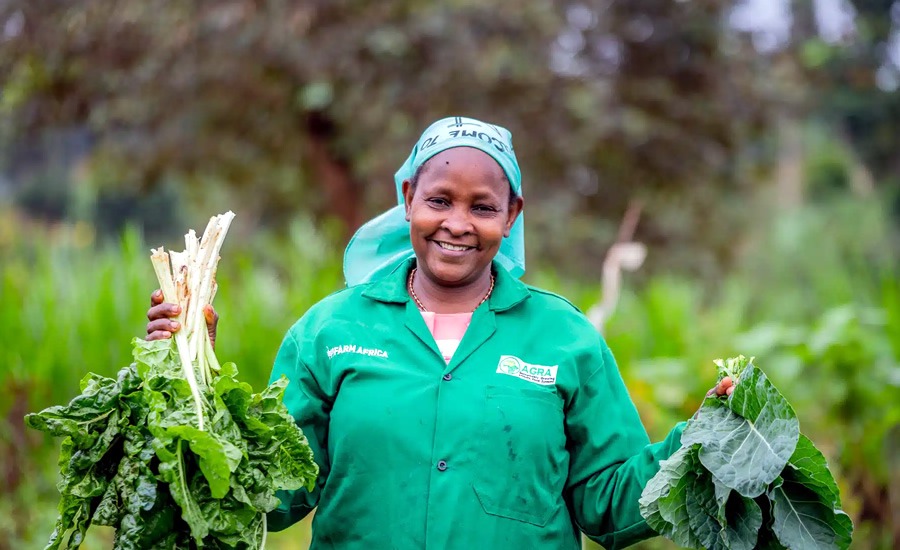
Thousands of rural families in eastern Kenya are experiencing a radical change in their farming practices. In Embu and Tharaka Nithi counties, the adoption of regenerative practices is not only improving soil fertility, but also increasing the incomes of those who depend on it for their livelihoods.
The STRAK project, promoted by the NGO Farm Africa and financially supported by the IKEA Foundation through AGRA, has reached more than 50,000 smallholder farmers. The initiative promotes simple but transformative methods, such as the use of organic manure, mulching or moderate fertiliser application, with results far beyond initial expectations.
In Tharaka Nithi, maize farmers applying these techniques have increased the value of each shilling invested in their plots by up to five times. In Embu, net returns per hectare exceed 211,000 Kenyan shillings, making a tangible difference to the economy of local communities.
The programme also boosts new sources of livelihoods in areas traditionally dependent on a single crop. Small-scale entrepreneurs have improved honey production, increased local poultry rearing or strengthened agroforestry systems, thus diversifying employment and food options in villages.
In addition to supporting farmers, STRAK works together with county governments to ensure that regenerative agriculture is integrated into regional development plans. More than seven out of ten producers in the areas of operation already apply these techniques, consolidating a change that combines environmental sustainability and economic security.
With the climate increasingly unpredictable, the results of this project offer proof that soil regeneration and agricultural profitability can go hand in hand, securing futures for rural communities and the ecosystems on which they depend.
Source: farmafrica.org; theonlinekenyan.com
